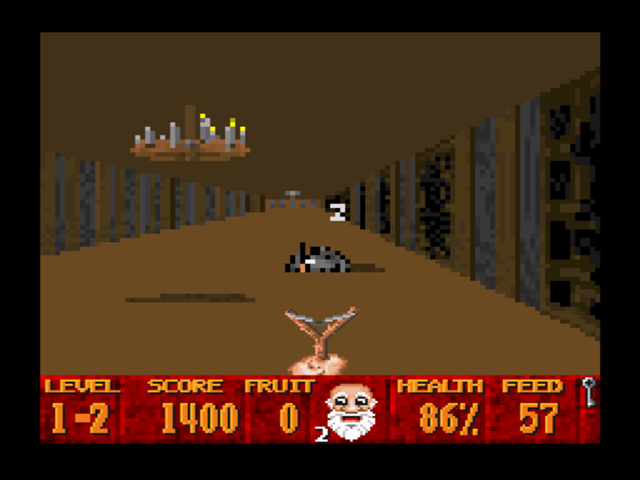
Games like Somari and Final Fantasy VII for the Famicom go in this category.

Here are some categories of games where the moral issues of reproduction cartridges become increasingly difficult : However, the guy who runs Piko Interactive used to have a separate label called RetroQuest which sold reproductions without authorization.

Similarly, Piko Interactive secures permission to release unreleased SNES games with the permission of the rights owners. You can buy Beggar Prince and other cartridges from Super Fighter Team secure in the knowledge that you are buying an authorized product. For example, Beggar Prince was originally released in Taiwan in the 1990s, but Super Fighter Team secured the rights to it from C&E, translated it, fixed many (but not all) of the bugs and released it on a Genesis cartridge in 2006 and off and on ever since. Even in this illegal world, there degrees of ethics and moral compromises when selling reproduction cartridges. But when you put this software into a cartridge and sell it, things start to weigh into the immoral area of the morality scale. When ROMs are available for download at no cost and hacks and translations are simply available in freely-available software patches, usually it is not for profit and therefore less of a morally challenging issue. For many people, that would be the end of the discussion regarding the ethics of making unauthorized reproduction cartridges.

They constitute a copyright violation because they contain an unauthorized copy or derivative work and often can constitute trademark infringement. Reproduction cartridges are, in many cases, illegal.


 0 kommentar(er)
0 kommentar(er)
